Australians lap up Airbnb shares
Share trading platform Stake says local investors have bought more than $US5m worth of the tech company since its blockbuster debut.
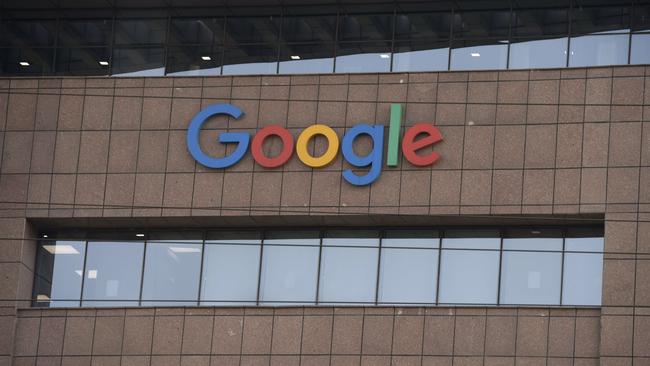
Hello and welcome to The Download, The Australian’s technology blog for the latest tech news.
David Swan 3pm: Australians lap up Airbnb shares
Australians have invested an estimated $US5m ($6.6m) in to Airbnb since its blockbuster market debut on Friday, according to Sydney-based share trading platform Stake.
The statistics found that demand for Airbnb shares has so far been even hotter than other 2020 tech listings. Australians have bought about 10-times more Airbnb shares that of recently listed food delivery service Doordash, and six times that of Booking.com’s parent company (BKNG) for the whole year.
Airbnb listed on the Nasdaq on Friday AEDT, with the company more than doubling in value to be worth more than $US100bn.
While 2020 has proved a mix bag for IPOs, Airbnb has proven the biggest tech listing in a rocky year. Investors are bullish that travel will soon return to pre-pandemic levels, and that Airbnb is well positioned to capitalise.
“The higher the stock price, the higher the expectations, the harder we’re going to be working, obviously,” chief executive Brian Chesky told MSNBC on Friday.
Stake chief executive Matt Leibowitz said demand from Australian investors for US stocks was at near unprecedented highs on Friday.
“All eyes have been on Airbnb’s IPO for a while now, so we’re not surprised Australian Stake customers want a piece of the action,” Mr Leibowitz said.
“Particularly as many investment analysts see the Airbnb IPO is a barometer for travel after the pandemic. We’ve had about 1,000 new Stake user sign ups using the ‘ShareBNB’ referral code which gives Airbnb users free stock in the company.
“Airbnb’s total market cap is about $132bn which in comparison to an ASX tech player, Afterpay, which is around $28bn, gives you a real indication of the scale and opportunity for Australian investors in the US stock market.
“Airbnb is more valuable than the seven largest US hotel companies combined.”
Stake’s numbers also showed that 46 per cent of Airbnb investors in Australia are between 25 and 34 years old, while 26 per cent are between 35 and 44.
“Interestingly here, there is an over index from 25-34 year olds and an under index from 18-24 year olds compared to the breakdown of our customer base,” Mr Leibowitz said.
“Perhaps people in this age bracket are much higher users of Airbnb given they travel more (ordinarily) with more disposable income and therefore have more affinity for the company and the brand.”
Chris Griffith 1.00pm: Canva announces 42 new partners
Australian graphics design powerhouse Canva has announced 42 new partnerships in 18 countries that further expands its reach across the globe.
Canva says it’s extending its footprint from US integrations such as with FedEx Office and Office Depot to collaborations with Staples Canada, Kmart Australia, TradePrint UK, Zoomin India, Print Buddy Mexico and more.
“ Core to this expansion is the move from office products partners to photo products and promotional products partners,” Canva says in a statement.
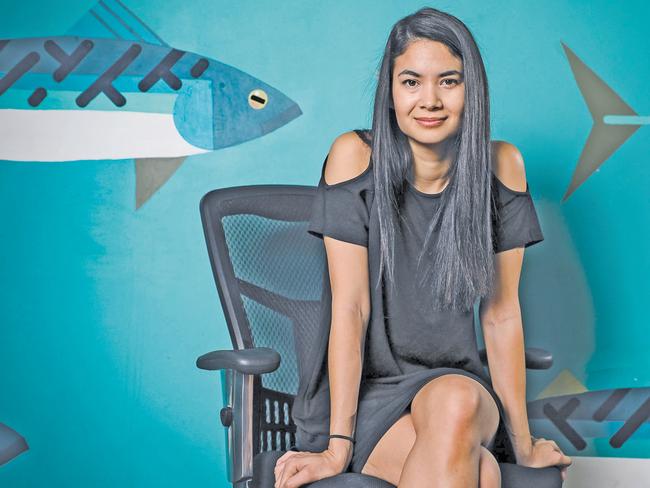
The company has installed its first design lab at Snap printing services. It’s an in-store retail kiosk where consumers create a design and print the finished creation while in-store.
“The kiosks enhance the functionality of the traditional photo kiosk … in a simple to use retail environment, offering access to a library of design templates, images, illustrations, icons and more,” the company says. “Anyone can create a design and have it professionally printed in-store for same day pick-up.”
Canva design lab will be available initially across the US and Australia, as part of its worldwide rollout.
Canva’s head of global partnerships Aaron Day says the number of people collaborating on Canva designs has doubled since June.
“In 2020 we’ve seen the world thrown into chaos; businesses shifted to a distributed workforce in a matter of days; students thrust into the unknown of remote learning and individuals across the globe had to change the way they performed every day tasks,” he says.
“This new normal has driven an appetite for collaboration platforms across all disciplines that are more affordable; more accessible and more flexible than ever before. Our partners are looking for a simple solution to help bring design into the mainstream.
“Our strategic approach to partnerships has continued to fuel our desire to support businesses and teams to do their best work.”
Canva says a global preinstall agreement with Samsung is enabling small business teams to create and collaborate on-the-go.
The company recently launched a new suite of products aimed at supporting teams, including video editing, a built-in social media content calendar and scheduler, talking presentations and online whiteboards. All are powered by real-time collaboration, advanced design and editing tools.
David Swan 10.30am: Tiliter ramps up Woolworths partnership
Australian start-up Tiliter has launched a new partnership with supermarket giant Woolworths, integrating self-service scales with product recognition in Melbourne Square, as restrictions ease and shoppers return in droves.
A Tiliter spokeswoman said that as the Victorian government eases lockdown restrictions, social distancing remains crucial, alongside things like minimising surface touchpoints and moderating foot traffic in store.
The Woolworths Scan&Go scale uses Tiliter Vision software to automatically identify objects without barcodes in under a second, the spokeswoman said. The scales user interface presents a barcode to scan with the app when items are not normally easily identified, encoding the item’s product number, weight and quantity and in most cases removing the need for touching the screen.
The system can even identify the difference between organic and non-organic items through the Tiliter Marking Detection System.
Woolworths has deployed Tiliter’s Scan&Go Scale in 24 stores with more to come.
10.10am: Google, Amazon fined $US163m ($216m) in France
France’s privacy watchdog has issued more than $US163 million in fines to Alphabet’s Google and Amazon.com, saying they improperly collected information about website visitors, taking a hard line as European regulators haggle over such sanctions.
The French regulator, the CNIL, said it fined Google €100 million, equivalent to $US120.8 million — a record for a privacy fine in France — for allegedly storing advertising-related identifiers on millions of users’ computers before asking for individuals’ consent, and without explaining sufficiently how the identifiers, called cookies, were used. It fined Amazon €35 million for the same violations.
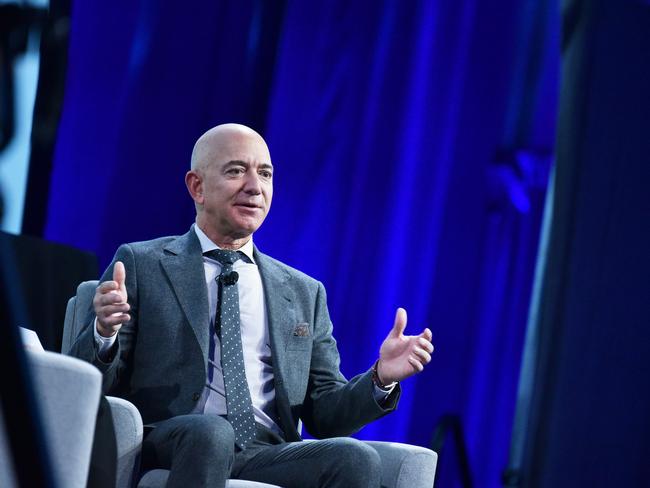
Since the CNIL informed Google and Amazon of its investigations earlier this year, each company has updated its website in Europe to stop placing advertising cookies before asking for consent, the CNIL said on Thursday. But the regulator added that the companies still don’t properly explain how the cookies are used, and ordered both companies to better inform users within three month — or face further fines of €100,000 a day.
Google stands by its privacy efforts in Europe, a company spokesman said, and is considering whether to appeal the CNIL decision. The decision “overlooks these efforts and doesn’t account for the fact that French rules and regulatory guidance are uncertain and constantly evolving,” he said.
An Amazon spokesman said the company disagrees with the decision, and complies with privacy laws. “We continuously update our privacy practices to ensure that we meet the evolving needs and expectations of customers and regulators,” he said. He didn’t reply when asked if the company plans to appeal.
The CNIL’s fines — among the largest ever levied in the European Union for privacy violations — come as regulators have been fighting over how much to fine companies under the bloc’s strict new privacy law, the General Data Protection Regulation.
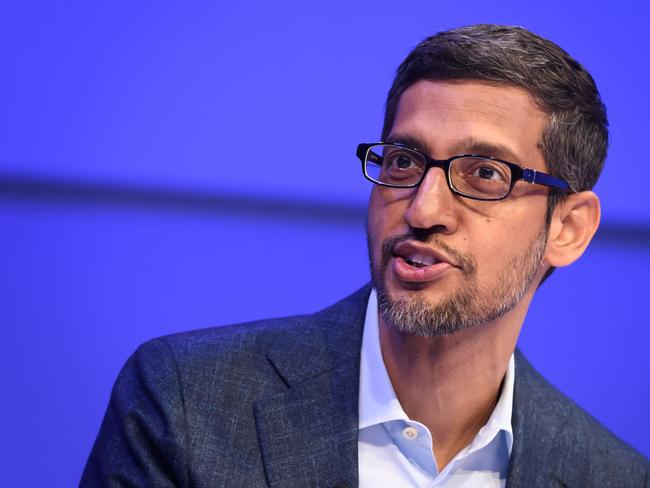
The first cross-border case involving a US tech company, has been stuck in months of debate among regulators over how much to fine Twitter for its handling of a data breach disclosed last year, though a decision is expected soon. Other cases involving big US tech companies are expected to be debated among EU regulators in coming months.
Some privacy activists have said that EU regulators should move faster to punish alleged violations. One factor slowing the cases is that the GDPR requires EU privacy regulators to submit cross border cases to its counterparts, and to resolve all their disputes at a pan-European board, a process that can take many months.
To issue its record fine, the CNIL sidestepped the GDPR, under which cases involving Google are led by Ireland’s privacy regulator and those involving Amazon are led by Luxembourg’s — because those are the countries where the companies have their EU headquarters.
Instead, the CNIL levied Thursday’s fines under an older EU rule called the ePrivacy directive, which has no power-sharing mechanism like the GDPR — though an update to the law is being debated in Brussels. The CNIL has been applying the French version of the ePrivacy directive law to include strict consent rules for the placement of cookies on devices, leading to fights with website owners over how to implement it.
The Wall Street Journal


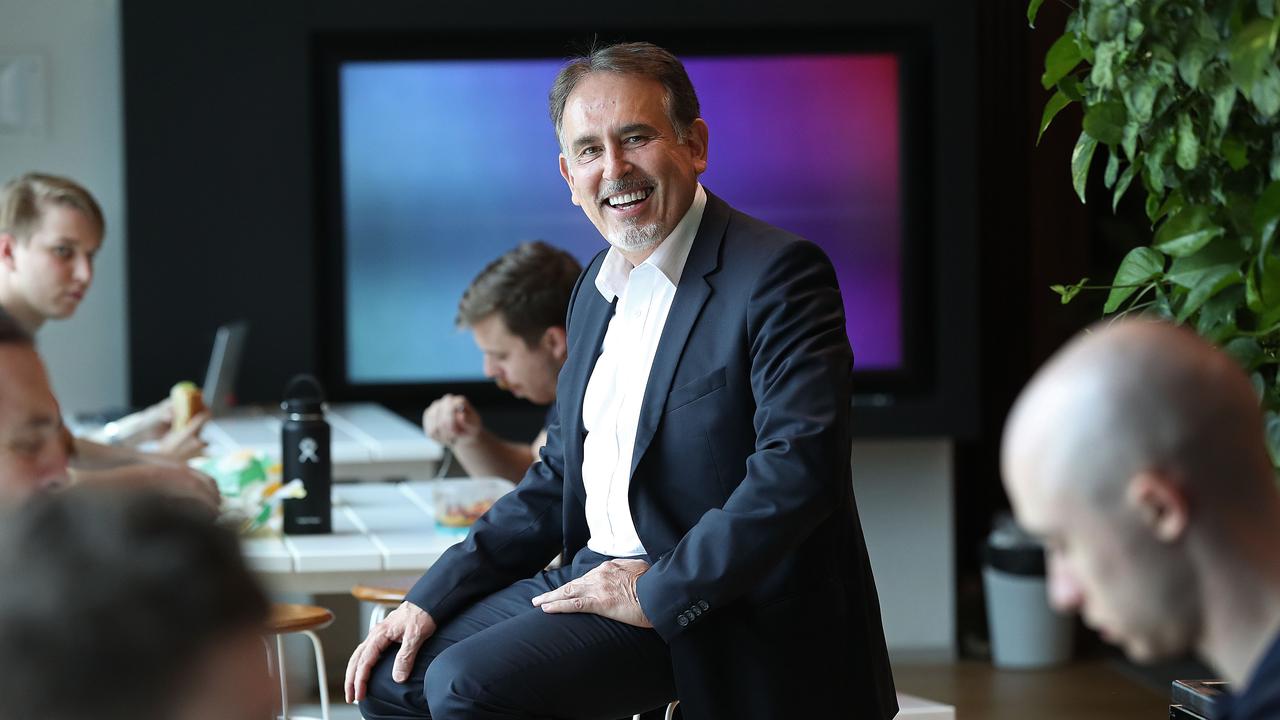
To join the conversation, please log in. Don't have an account? Register
Join the conversation, you are commenting as Logout